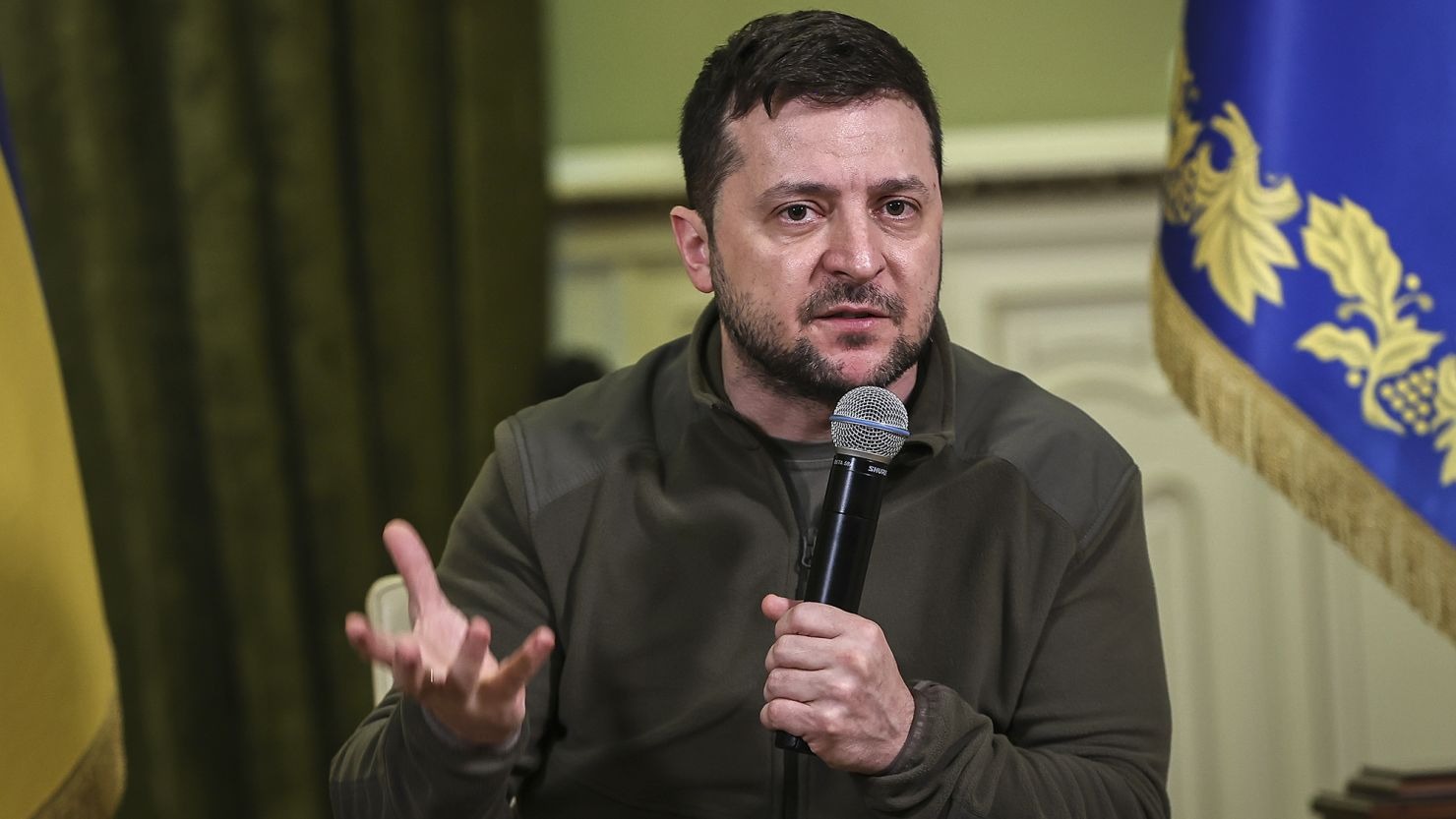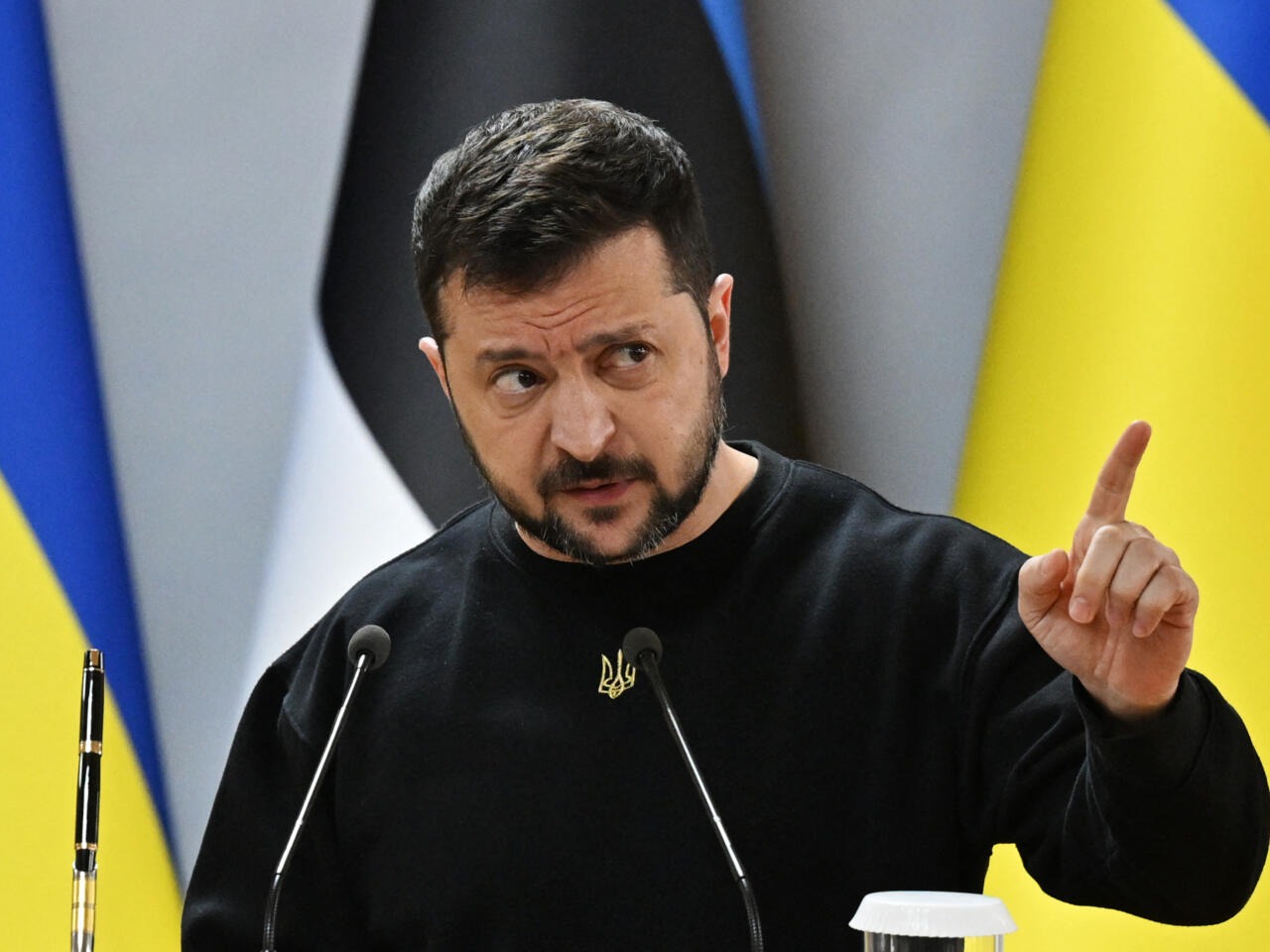On Monday, President Biden assured Ukrainian President Zelensky of the United States’ enduring commitment to supporting Ukraine in its fight for freedom against Russian aggression.
Biden pledged that his administration would swiftly provide substantial new security assistance packages to address Ukraine’s pressing battlefield and air defense needs once the Senate passes the national security supplemental and he signs it into law.
The president also emphasized that economic assistance from the U.S. aims to help Ukraine maintain financial stability, rebuild infrastructure damaged by Russian attacks, and support reform efforts as Ukraine moves toward Euro-Atlantic integration.

President Biden (Credits: UPI)
The Senate is scheduled to vote on Tuesday to advance a $95 billion foreign aid package, which includes $61 billion for Ukraine, and is expected to approve it this week.
After months of inter-party and intra-party negotiations, the House of Representatives approved a massive new round of foreign aid on Saturday, combining military assistance for Ukraine, Israel, and Taiwan with humanitarian aid for Gaza and other global war zones.

Ukrainian president (Credits: CNN)
Following the House’s passage of the legislation, Zelensky expressed gratitude to lawmakers “for the decision that keeps history on the right track.”
Speaker Mike Johnson’s (R-La.) decision to champion new foreign aid has come with political risks, angering conservatives who were already dissatisfied with his willingness to collaborate with Biden on major legislation such as extending federal funding and reauthorizing government surveillance powers. Despite this, the passage of the foreign aid package marks a victory for Speaker Johnson.























